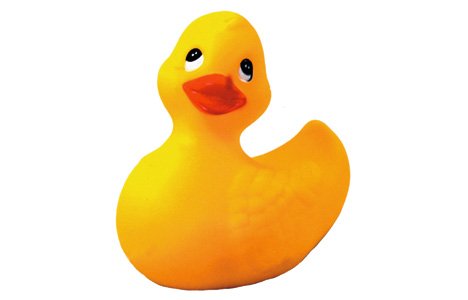
I decided to go two whole days eating food that had not come into contact with plastic, to try to depress levels of BPA (bisphenol A) and phthalates in my body. The cruellest blow came when the no-plastics rule disrupted my daily coffee intake.
[rssbreak]
My original plan was to forgo my morning coffee from coffee makers at home and at work. They’re standard drip machines and both made largely from plastic. Instead, I thought I’d load up on double Americanos made fresh in a giant stainless-steel cappuccino machine at my favourite café on Queen.
I’m in the place enough that the owner knows me, and I asked him to show me how he made my coffee. I followed him around the tiny shop. First the beans arrive in bags. Then the bags are poured into the bean grinders, which look like classic grocery store bubble-gum machines – storage tank for the beans up top, grinder on the bottom.
Problem #1: The storage tank where the beans can sit for hours on end is made of polycarbonate.
Next the beans are drained down into the grinder.
Problem #2: The receptacle that catches the crushed beans is made of polycarbonate.
From here on in, as the grounds are packed into the filter and transferred to the cappuccino machine, the beans seem to contact only metal. But the possibility of some serious BPA contamination was there in the grinding process. I felt snookered.
Grumpier by the second, I muddled through until the early afternoon and was only saved when our project coordinator, Sarah, came up with the idea of using a Bodum-style French press. One problem solved.
From Slow Death By Rubber Duck, by Rick Smith and Bruce Lourie, Knopf Canada












